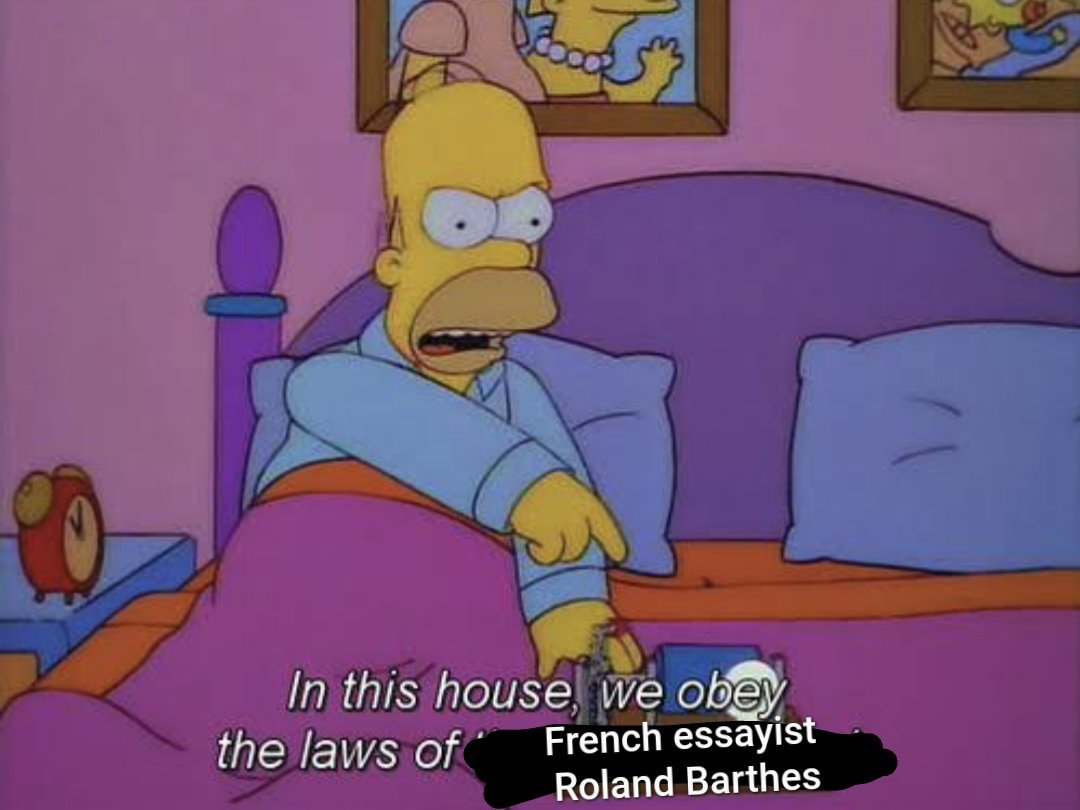2. The Basics - The Game
I posted that picture on twitter way back talking about 5e’s Descent into Avernus, and it’s worth bringing up early in the piece here. I am Barthesian in how I approach role-playing games (a position I’ve previously called being a “descriptivist”). I don’t really value Authorial Intent that is not communicated into play. So where the two conflict, I will always prioritise the play experience and the experience of players.
Blades in the Dark is a game about a group of daring scoundrels building a criminal enterprise on the haunted streets of an industrial-fantasy city. There are heists, chases, escapes, dangerous bargains, bloody skirmishes, deceptions, betrayals, victories, and deaths.
We play to find out if the fledgling crew can thrive amidst the teeming threats of rival gangs, powerful noble families, vengeful ghosts, the Bluecoats of the City Watch, and the siren song of the scoundrels’ own vices
It’s really interesting to see those words “We play to find out”, calling to it’s PbtA heritage (as an aside, Blades in the Dark doesn’t refer to itself as PbtA in marketing material, and I think that’s also the right idea - given the breadth of Powered By The Apocalypse as a publishing term, I think heritage is the right term to use). Blades is saying that it is a game with questions, or as Vincent Baker described it “what position are [players] trying to reach”. Blades is a game with an endstate: Thriving.
If I were to pepper one criticism here in the middle of my text, where neither John nor anyone loyal to him and armed would ever see it, it would be that I think “Thriving” is a pretty poorly defined goal in Blades in the Dark, both textually, and also mechanically. And that makes it unexciting to me.
When we get to Page 43’s Retirement, it talks about maybe owning a home and running a medium business. Or, if we were to consider “being a big gang” as your endstate, thriving means constantly looking over your shoulder for who is coming next. This is the “pieux mensonge” of Blades in the Dark, the virtuous deception that leads to a better game experience. In the same way, Apocalypse World’s offer is that you can make something of the world, it doesn’t tell you that all you can make of it is a place of violence, scarcity, and transaction.
“What [“Play To Find Out”] means is, play to find out what the characters make of their world. Both what they choose to make of their world, and, because Apocalypse World is a game of compromises, what they’re able to make of their world[...]
”Play to find out what happens” is punchier, and it’s all you need to play the game, but I wish I’d included the full version somewhere in the actual text anyway.”
I think Blade’s approach is interesting for what it doesn’t offer player: Apocalypse World asks what player characters will make of the world; Blades offers no such compromise. You cannot fix Duskvol, you cannot stop gang violence, you cannot solve the ghost field. The best I can offer you is to thrive. Will you?
I really appreciate Harper having such a clear statement of intent early in the book. It provides a triple-tap of both letting me know what I’m getting into tonally, letting me know what’s at stake fictionally, and showing me that the author has a clear and direct intent professionally. I think being able to write such a succinct first paragraph is a sign of Harper’s phenomenal design chops.
As Baker suggests in the thread above, effective design requires you to know what’s at stake (what position you’re trying to reach) so that you can pursue that state with your mechanics. Blades has got that first bit handled, let’s see how it handles the latter as we continue.

